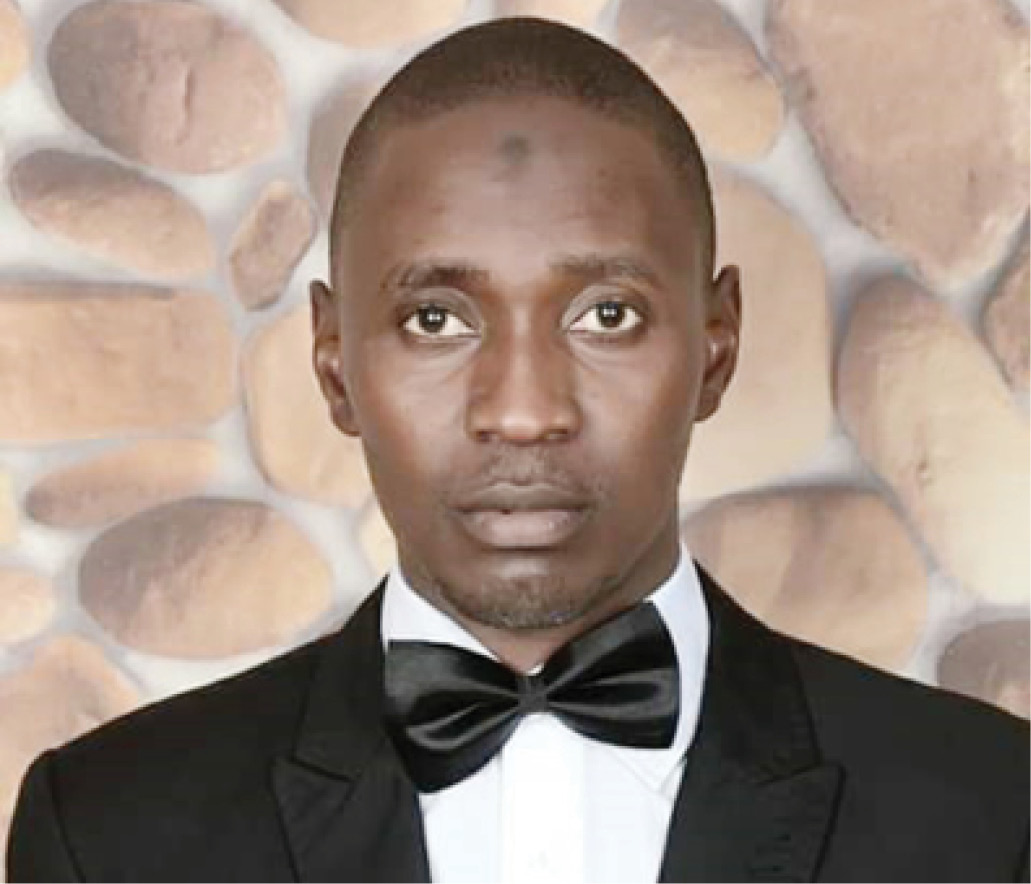‘How we’re taking language practice to next level’
Bello Sagir is founder of Sunrise Language Practitioners (SLP), an outfit that writes, translates, edits, and transcribes for its clients, among several other roles. Here, he talks about why SLP was created and more. Excerpts: What drove you to set up Sunrise Language Practitioners? There are five reasons. The first is as a result […]

Bello Sagir
Bello Sagir is founder of Sunrise Language Practitioners (SLP), an outfit that writes, translates, edits, and transcribes for its clients, among several other roles. Here, he talks about why SLP was created and more. Excerpts:
What drove you to set up Sunrise Language Practitioners?
There are five reasons. The first is as a result of the jobs I got and completed at home. Aside getting paid, I got commendations that spurred me on. Second, a series of entrepreneurship lectures I received by Professor Murtala Sagagi and his team while in the university. Third, when I delivered a lecture to Muslim Students Society of Nigeria (MSSN) themed ‘Writing: An Art and a Career’, three years ago. Fourth is my zeal towards contributing to the development of language practice. Finally, and above all, my dream of contributing in reducing the increasing unemployment rate in Nigeria.
How would you describe a language practitioner?
A language practitioner is someone who masters at least two languages and puts it into use. For instance, he may be a translator/interpreter, transcriber, someone who creates subtitles, a script writer, text editor, biographer, creative writer and language trainer. Let me debunk the popular perception that a language practitioner must have studied linguistics or languages like English, Arabic or Spanish before he qualifies as one. This is far from the truth. I know some good translators like the Abuja based Abban Sadik who read Economics. He is BBC Hausa’s resource person when it comes to translating information technology terms.
Your outfit also holds writing workshops. How many have you held and how impactful has it been so far?
In 2017, I along with Naseeba Babale and others, were facilitators in a Creative Writing Workshop (CWW) organized by NYSC Community Development Service members for ten secondary schools in Kano which was supervised by Dr. Bala Muhammad. The workshop was a huge success. It led to the publication of an anthology titled ‘Scented Buds’. This prompted us at SLP to organize CWW for some selected secondary schools in Kano. We have submitted proposals to such schools and have started making arrangements to hold workshops there.
SLP translates in Hausa, Arabic, French and English. Do you speak all these languages? Also, kindly share a typical experience with clients.
(Laughter) I speak only English and Hausa languages. I know very little of Arabic. People often ask me about the number of languages I speak. Some ask me whether I speak all the languages we list in our company. Their reason is because I have a BA in Linguistics and head SLP as the CEO.
Our clients at this level are mostly those who know me already, either as their university student, neighbor or Facebook friend. One of our early clients was Malam Muhsin Ibrahim, a lecturer and PhD student at University of Cologne, Germany. We did a transcription/translation job for him while I was at Bayero University, Kano. We didn’t want him to pay, but he insisted and said if we mean business, we have to charge whoever patronizes us.
We also did a voice-over project for a traditional medicine company, but they ran away with our balance. Mujallar Rayuwa, a Kano based new Hausa language magazine, patronized us, and to show appreciation after payment, promised to advertise us in their maiden edition.
How do you view the development of the translation industry in Nigeria?
It is gradually developing. However, translators in Nigeria do not yet have a strong professional body. The one we have, in which I became an associate member in 2017, is NITI. NITI bill is presently yet to be passed into Law by the National Assembly. Many Nigerians do not pay well for translation service because they think it is an easy task. But International NGOs and foreign countries pay well.
There is a subsidiary called Sunrise Languages Academy. What does it do?
We are going to change the name of the school from Sunrise Languages Academy (SLA) to Sunrise Language Practitioners (SLP), the name of the mother company. This is in response to our lawyer’s counsel. The increasing demand by people that we should start teaching languages led to the creation of SLA, soon to be SLP. We are going to start teaching English, Arabic, French and Hausa languages for beginners, intermediate and advanced students. Applicants can choose to learn one or more languages. We have already started selling admission forms. Some classes will be for up to thirty students, executive classes will hold ten and we will have courses for individuals where we can tutor them in their homes or their offices. Lessons begin this January, God willing.
Which book would you say you enjoyed translating the most and why?
It is not a book, but a film script written in Hausa by Iliyasu Umar Maikudi for Jammaje Productions. In the story, Garbati realizes the importance of being educated as a grown man and regrets his ignorance. This equally influences his love life.
